Search & Rescue Dogs Through the Eyes of a Retired RCMP Dog Handler
Ed's Note: Gary Murray is a friend of mine. He is a retired Royal Canadian Mounted Police (RCMP) dog handler with 17 years of experience running tracking dogs for the RCMP. He currently owns and operates a kennel and training facility in Alberta. He sponsors tracking seminars for police and S.A.R. at his facility several times per year. If you are a K-9 handler or S.A.R. volunteer, I highly recommend Gary's seminars. You will come away from his seminars a better dog handler and trainer. —Ed Frawley
S.A.R. (Search and Rescue) dogs are not the only answer to a missing person search situation. Some police, the media, and the general public all too often pin their hopes for a successful rescue on the arrival of a dog handler and his/her dog. This is far to great of a responsibility to pin on any one individual.
Search situations are a team effort requiring trained personnel in all aspects of emergency work. This has to start at the top and work all the way down the team to the public volunteers assisting in the search. Trained search managers, operations officers, logistics officers, planning officers, search technicians, air search officers, etc. The list goes on.
The need for properly trained S.A.R. dog handler s is a great one and the need for them is on the rise. But like all supply and demand situations you don't always get the genuine product. There are snake oil salesmen in all aspects of life.
Lets break this down into three areas to discuss in this article. The search it self or search manager, the dog handler, and the search dog.
I have lost count of the number of searches I have attended as a dog handler and when you arrive your vehicle is greeted by a large number of people all looking for your direction. The search manager (local police) comes to you for direction as to how to organize a proper search. The volunteers want to know just where you want them to search. The media wants a shot of you and your dog. The family and friends of the missing person want you to find the subject now!
Your local area or district should have a letter of agreement, or the government should have a letter or law as to who is responsible for S.A.R. in your area. Who ever is responsible for this duty should know or be advised that S.A.R. dogs and handlers are a part of a search not all of the search. It is not the dog handler s job to organize the search it is his/her job to work the dog in the areas they have been told to search.
The responsible organization and all search managers should be trained and made aware of the capabilities of the dogs that are on hand. With this in mind standards should be clearly laid out for both the handlers and the dogs. These standards should be tested at least yearly and without certification the team should not be used as part of a search.
These certifications assist the search manager in his/her organization of the search. He/She then has a known commodity as far as just what the dog team can and can not do. This allows proper use of a dog team in a search situation. Without certification a search manager may place the wrong amount of success rate on the team by too much or too little. There by misusing of the team and jeopardizing the possible success of the search as a whole.
In Canada most Provinces have the R.C.M.P. responsible for ground search and rescue. They have access to their own dogs which are trained in this area and are capable of tracking and searching. There are provisions to use volunteers and their dogs but they must meet a standard set out by the R.C.M.P. which is tested to and certified each year. This has guaranteed a search manager (local RCMP) the use of a known commodity.
The knowledge of the dog and handlers skills is the key to proper use. With proper use comes greater success for the whole search team. Sometimes this means using the dog team in a low probability area instead of a high probability area. Due to conditions and information at the time this might be the proper use of the dog team as it frees people up to search in other areas who might just locate the subject faster and better than the dog.
I have mentioned the need for standards for the dog and handler and I can't stress this need enough. S.A.R. is an emergency! It is a demanding, physical and mental job. With this in mind does it not stand to reason that the dog and handler be up to the task at hand?
Lots of people would read that last sentence and say with some exuberance, “you bet the dog should be this the dog should be that” ... Back the truck up friend, “the handler should be in shape, the handler should be capable in the bush, the handler should be trained in first aid, the handler should be properly equipped, the handler should be certified.”
It takes more than a love of dogs and training them to make a dog handler suitable for S.A.R.. Too many times I have seen in person or on TV S.A.R. dog handlers that are improperly dressed, equipped and appear to be a long ways from physically fit. Standards would keep people who want to be on TV and perceived as knowledgeable where they belong, at home watching TV.
There is no shame in admitting that you are not cut out to be a S.A.R. dog handler. But there sure is shame when you misrepresent your self and people tie their hopes to your belt. Dog handlers need people to help them train their dogs all the time. Maybe your assistance would be better directed in this area. It is just as valuable of a job and a lot more honest. There is not a good dog handler that I know who doesn't realize the value of good helper work in all aspects of dog training.
Dogs have been put into a great number of different classifications as far as S.A.R. and their abilities. For the purpose of this article we will examine three areas. Searching dogs (dogs that air scent articles or people), tracking dogs and dogs that do both.
I personally feel that due to the nature of the work a S.A.R. dog should be able to do both, track and search. When you get down to an actual search the need for both skills almost always comes up. To specialize and have just a tracking dog or just a searching dog limits the teams usefulness and then requires a larger number of dogs and handlers to attend a search. This is not to say that more dogs is not a good thing I just mean that I would rather have more better skilled dogs than dogs who are limited.
Another consideration is the area that these dogs will be working in. This also might dictate the skills that the dog requires. A search team that is only required to work in wide open areas such as open farm land may only need the search capabilities. Where you will be working will play a big part of just what standards your dog should be expected to meet.
The key to a successful S.A.R. dog is standards. These standards must be for the handler and the dog. A standard gives a search manager a known commodity which enables a proper search to be organized. A proper search will give you better results which in turn gives you a successful S.A.R. dog handler and dog.



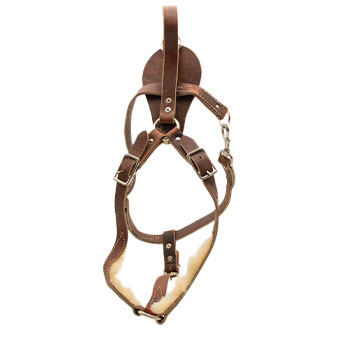
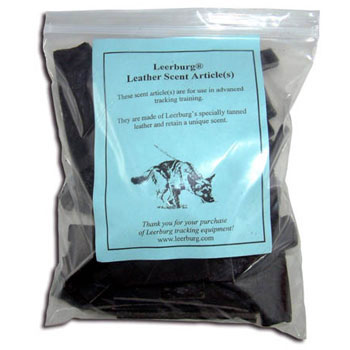
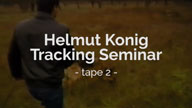
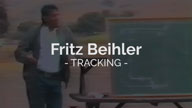
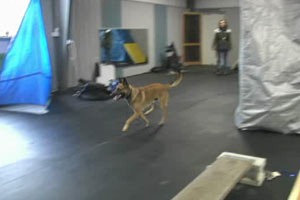
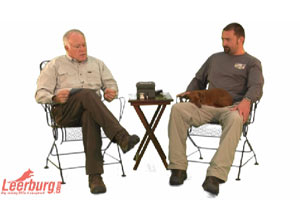
Ask Cindy.